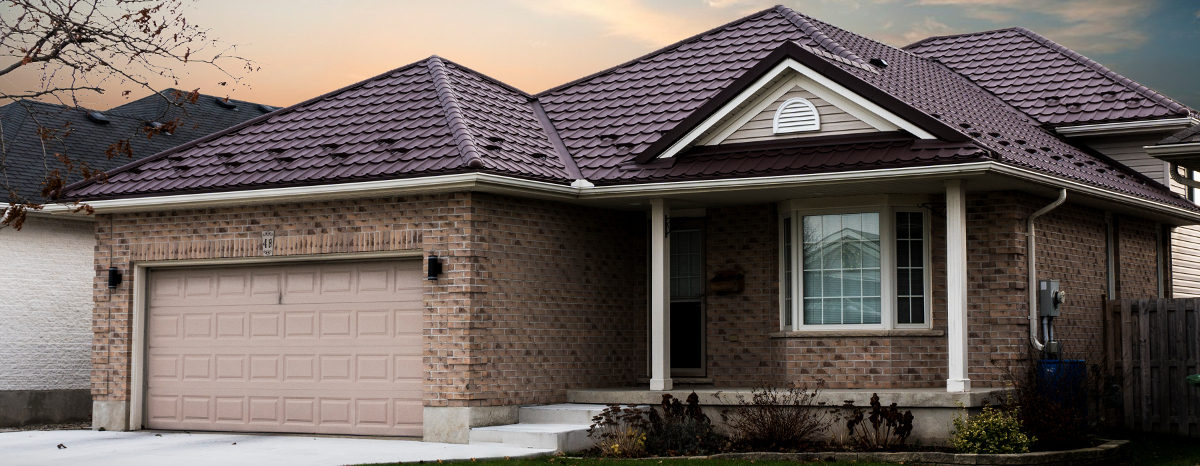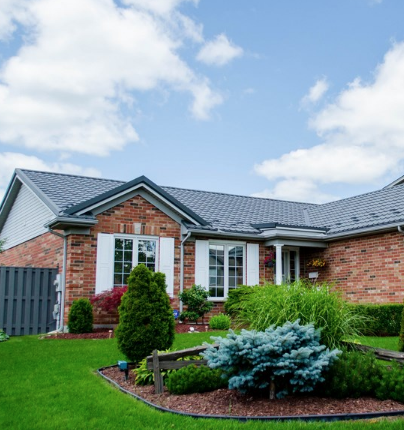Business owners and Homeowners need insulated materials that are affordable, durable, and energy efficient. From exterior metal wall panels to roofing options, deciding which type of insulation you should use is important. What are some ways that metal roofing and insulation materials can make your building better?
Long-lasting Durability
In the world of construction, there are few materials that can stand up to the durability of metal. For example, a metal roof can last for over half a century with little maintenance or repair. Exterior metal wall panels provide extra strength and insulation, ensuring that you save money on energy and replacement costs. This is ideal whether you have an industrial plant or a residential home.
Fire Resistant and Lightweight
Traditional materials are often flammable and susceptible to the elements. However, metal is fire resistant, meaning that you have an extra coat of protection against fire damage and loss due to wildfires and lightning strikes. Metal will not spark.
The lightweight construction means that it maintains its strength and structural integrity. When you compare the durability and lightweight design of metal to asphalt, clay, and other roofing materials, there is no contest about which material will last for decades.
Insulation
For those that need to minimize the effects of weather substantially and control temperature, metal panels provide the right amount of insulation. Metal reflects solar heat during the summer months and keeps the interior at a consistent temperature. These are ideal for reducing energy costs. Commercial and industrial businesses benefit from a clean, safe environment.
Eco-Friendly
Metal is environmentally friendly. Many of the available products consist of twenty-five to ninety-five percent recycled metals. They are one hundred percent recyclable. This differs greatly from traditional materials that often just end up as waste. Be eco-friendly and happy with your choice of metal panels.



